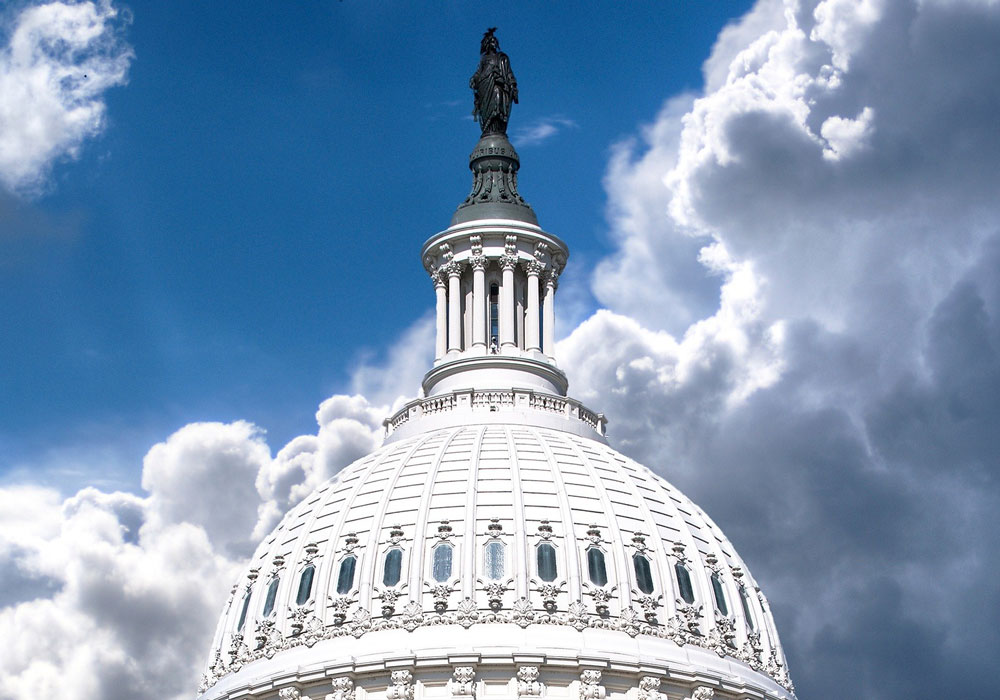Candidates’ Position Will Matter to Voters, Especially Health Care
The Kaiser Family Foundation released a report stating that coverage for pre-existing conditions ranks highest among healthcare campaign issues for American voters. According to the report, the issue cuts across all parties, including Democrats, Republicans, and voters living in battleground states. Since attempting to repeal and replace the Affordable Care Act, 58% of those polled say that President Trump’s administration and the Republicans in Congress are responsible for problems with the healthcare law moving forward.
American voters are eager to maintain the level of access to quality care that they’ve received for the past eight years with the ACA. Pre-existing conditions, coverage of dependents until age 26, and Medicaid expansion top the list of important healthcare issues for voters as the midterm elections approach. How candidates respond to voter demands during the November midterms will determine which party holds the majority in the House and Senate. Part of ONS’s commitment to advocacy is educating elected officials about the importance of access to quality care.
Senate Confirms Robert Wilkie as Veterans Affairs Secretary
On July 23, 2018, the U.S. Senate confirmed Robert Wilkie as the next Veterans Affairs secretary. The confirmation comes after President Trump’s previous candidate, Ronny Jackson, withdrew from the process amid improper prescription medication allegations earlier this year.
Currently, the VA is rife with administrative and operational issues that have plagued many previous secretaries. The VA is the largest government service agency, helping millions of Americans each year. Reforming the VA’s system is a huge undertaking, but with any luck, Wilkie can make that happen. As stated in his confirmation hearing, addressing long wait times is his top priority. Get involved with ONS’s advocacy efforts to inform elected officials and policymakers about the important issues your patients and your profession face.
Trump Battle Over Drug Prices Heats Up
After several pharmaceutical companies announced a hold on raising prescription drug prices before the end of the year, President Trump pointed to his administration’s recent plan to lower medication costs as the deciding factor. Department of Health and Human Services secretary, Alex Azar, mentioned that pharmaceutical companies have seen “the writing on the wall” when it comes to prescription medications, recognizing that Congress could intervene if costs continue to rise.
In May 2018, the Trump Administration announced the blueprint to lower prescription drug costs for consumers. The blueprint, along with a series of federal regulatory agency issuances, seemed to spark some preemptive measures from the pharmaceutical industry. The work is only beginning, but stagnating rising drug costs is a good start. The industry has found that if it initiates reform on its terms, it’s a lot easier to swallow than if Congress holds hearings, brings the issue into the public eye, and ultimately issues stronger regulations.






